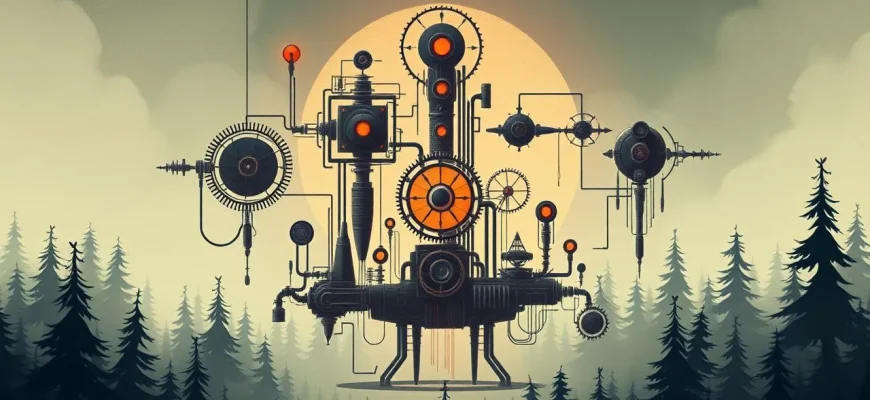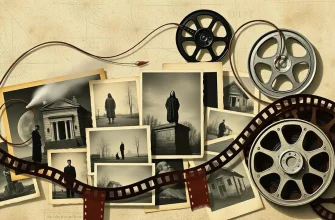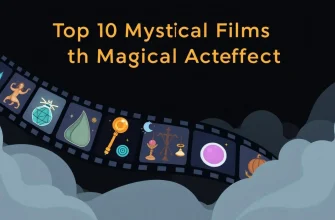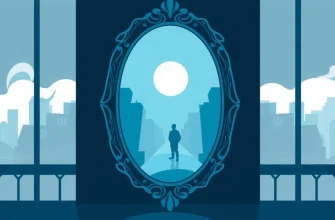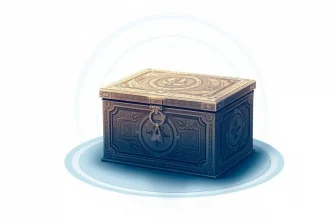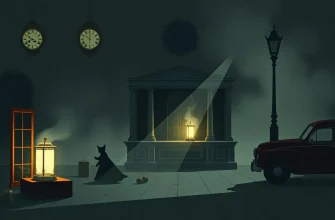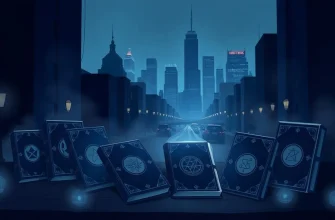This curated list of films delves into the realm of the mysterious and the mechanical, where enigmatic devices play a pivotal role in the narrative. These films not only entertain but also challenge viewers to think beyond the ordinary, exploring themes of time, space, and human ingenuity. Whether you're a fan of sci-fi, horror, or psychological thrillers, this collection offers a unique blend of storytelling that will leave you pondering long after the credits roll.
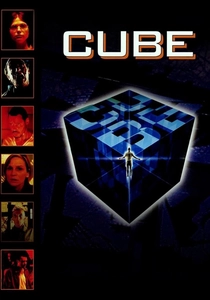
Cube (1997)
Description: A group of strangers wake up in a cube-shaped room with no memory of how they got there, and they must navigate through a series of deadly traps to escape, hinting at a larger, mysterious mechanism at play.
Fact: The film was shot in just 20 days, and the set was constructed from old shipping containers.
 Watch Now
Watch Now
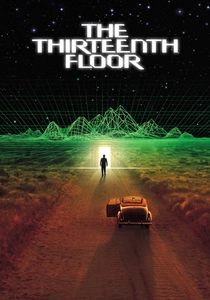
The Thirteenth Floor (1999)
Description: This film explores virtual reality and the concept of simulated worlds, where characters question the reality of their existence due to a mysterious computer system.
Fact: The film was released around the same time as "The Matrix," leading to comparisons between the two, though they explore different aspects of virtual reality.
 Watch Now
Watch Now
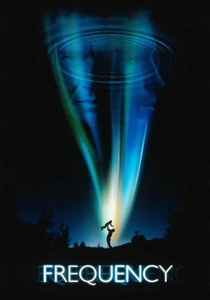
Frequency (2000)
Description: A father and son communicate across time through a mysterious ham radio, altering past events with unforeseen consequences.
Fact: The film uses real scientific principles of radio waves to explain the time-travel communication, making it somewhat plausible.
 Watch Now
Watch Now
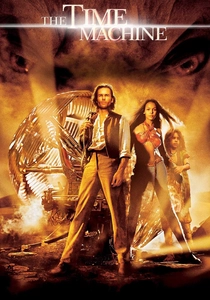
The Time Machine (2002)
Description: A remake of the 1960 classic, this film follows an inventor who travels through time to alter the past, encountering various mysterious mechanisms along his journey.
Fact: The time machine in this version was designed to be more visually appealing and technologically advanced than the original.
 Watch Now
Watch Now
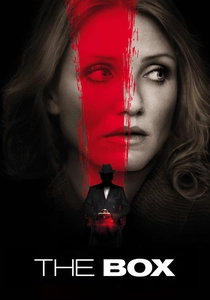
The Box (2009)
Description: Based on a short story by Richard Matheson, this film explores the consequences of pressing a button on a mysterious box that offers money but at a moral cost.
Fact: The film's ending was altered from the original story to provide a more ambiguous conclusion, leaving viewers to interpret the outcome.
 Watch Now
Watch Now
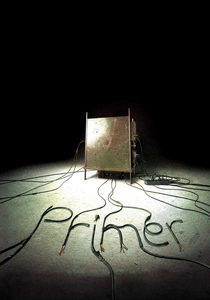
Primer (2004)
Description: A low-budget indie film about two engineers who accidentally invent a time machine, leading to complex time-travel paradoxes and ethical dilemmas.
Fact: The film was made with a budget of only $7,000, and much of the dialogue was improvised. It has been praised for its scientific accuracy regarding time travel.
 Watch Now
Watch Now
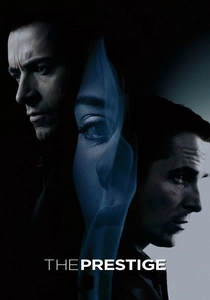
The Prestige (2006)
Description: This film revolves around two rival magicians in Victorian London, each trying to outdo the other with increasingly elaborate tricks, one of which involves a mysterious machine that can duplicate objects or even people.
Fact: The film was inspired by real-life events involving the magicians Nikola Tesla and Harry Houdini. The machine in the film was designed by Christopher Nolan's brother, Jonathan Nolan.
 Watch Now
Watch Now
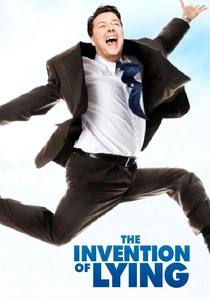
The Invention of Lying (2009)
Description: In a world where lying does not exist, one man invents the concept, leading to a series of events involving a mysterious machine that can change reality.
Fact: The film was co-written by Ricky Gervais, who also stars, and it explores philosophical questions about truth, morality, and human nature.
 Watch Now
Watch Now

The Adjustment Bureau (2011)
Description: A man discovers that his life is being controlled by a mysterious group using advanced technology to ensure people follow their predetermined paths.
Fact: The film is loosely based on a Philip K. Dick short story, and the hats worn by the agents are a nod to the original story's depiction of the bureau.
 Watch Now
Watch Now
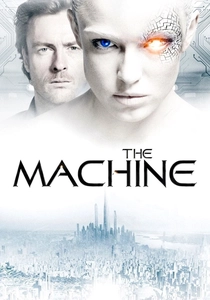
The Machine (2013)
Description: Set in a dystopian future, this film follows the development of an AI-powered android, exploring themes of consciousness, identity, and the ethical implications of creating sentient machines.
Fact: The film was shot in Wales, and the director, Caradog W. James, was inspired by his own experiences with technology and artificial intelligence.
 Watch Now
Watch Now

